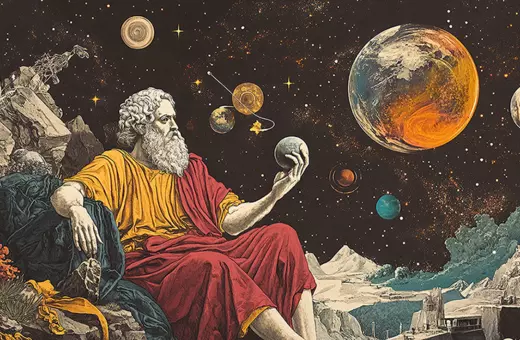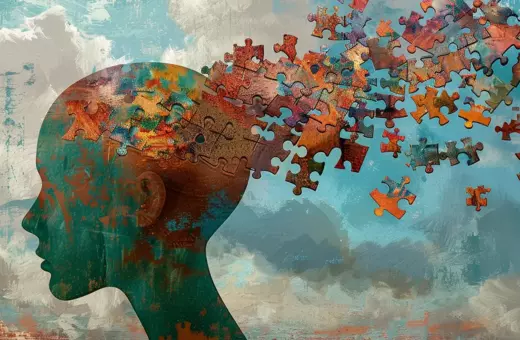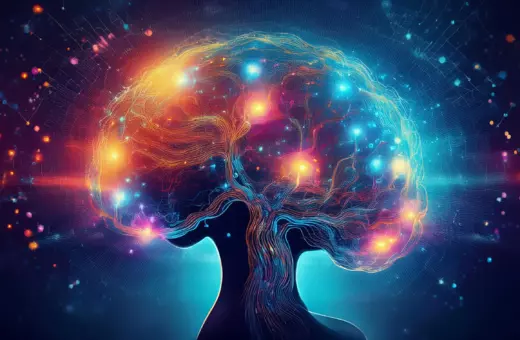Our choices and actions are often influenced by factors we aren’t conscious of. That has lead some philosophers to claim that we can’t possibly be held morally accountable for those actions since we didn’t freely and consciously choose them. But that would mean that people acting on damaging unconscious biases, like a doctor prescribing less medicine to black patients than to white patients, can’t be held responsible for malpractice. Instead of letting people off the hook, we should hold people responsible and train them to recognize the ways in which unconscious influences can affect their decisions, argue Walter Sinnott-Armstrong, Uri Maoz, and Liad Mudrik.
If a driver backs a car over a kitten, is the driver morally responsible for the kitten’s death? Not if the driver was not aware of the kitten and took reasonable precautions to check behind the car—at least according to most people. Because the driver is not morally responsible, we should not be angry at them, despite our sadness about the kitten. If we did criticize the driver, then they could legitimately respond, “I didn’t know, so don’t blame me.” Cases like this suggest that consciousness of morally relevant facts might be necessary for moral responsibility, except perhaps when the agent is careless or negligent and should be aware of the relevant facts, for example because lots of cats are hanging around.
On the other hand, many psychological experiments suggest that our actions are often influenced in ways that we are not conscious of (Mudrik et al. submitted). Citizens vote for physically attractive political candidates more often than they vote for unattractive candidates, even if they believe that their vote was based not at all on physical appearance but only on grounds of policy, experience, and party. Customers are willing to pay more for a product after seeing expensive alternatives than after seeing cheap alternatives, even if they believe that the other alternatives and their order of presentation makes no difference to their spending. People choose to donate organs more often when the default option is to donate and they have to opt out than when the default is not to donate and they have to opt in, even if they believe that the default did not guide their choice. More dramatically, judges give longer sentences to black criminals with white victims than to otherwise similar white criminals with black victims, even if they believe that race did not affect the sentence. Doctors also give less pain medication to black patients than to white patients with similar needs, even if they believe that their prescription was based solely on medical factors. And employers and teachers ascribe more ability and success to men than to women, even if they believe that gender did not alter their assessments. Many of these experiments have been criticized or not replicated, but together they at least raise a pressing question: do such unconscious and undesired influences on action preclude moral responsibility?
People choose to donate organs more often when the default option is to donate, even if they believe that the default did not guide their choice.
Some philosophers say so. Caruso draws the extreme conclusion that we are never responsible for any action, because no action is totally immune from unconscious influences that affect the probability, timing, frequency, and manner of our actions. Nahmias is more moderate: “research is suggesting … that we have less free will [and hence less responsibility] than we tend to think we have.” Either way, psychology is supposed to conflict with common sense.





















Join the conversation